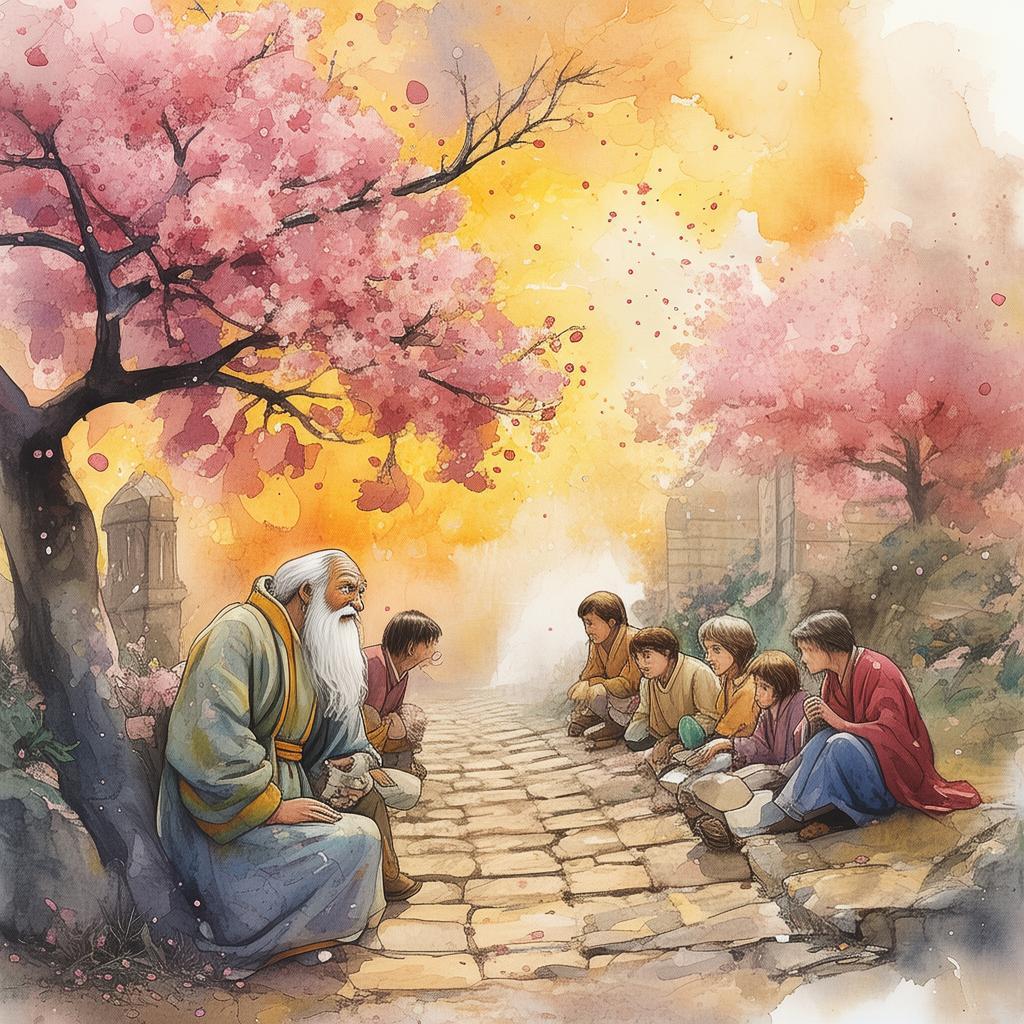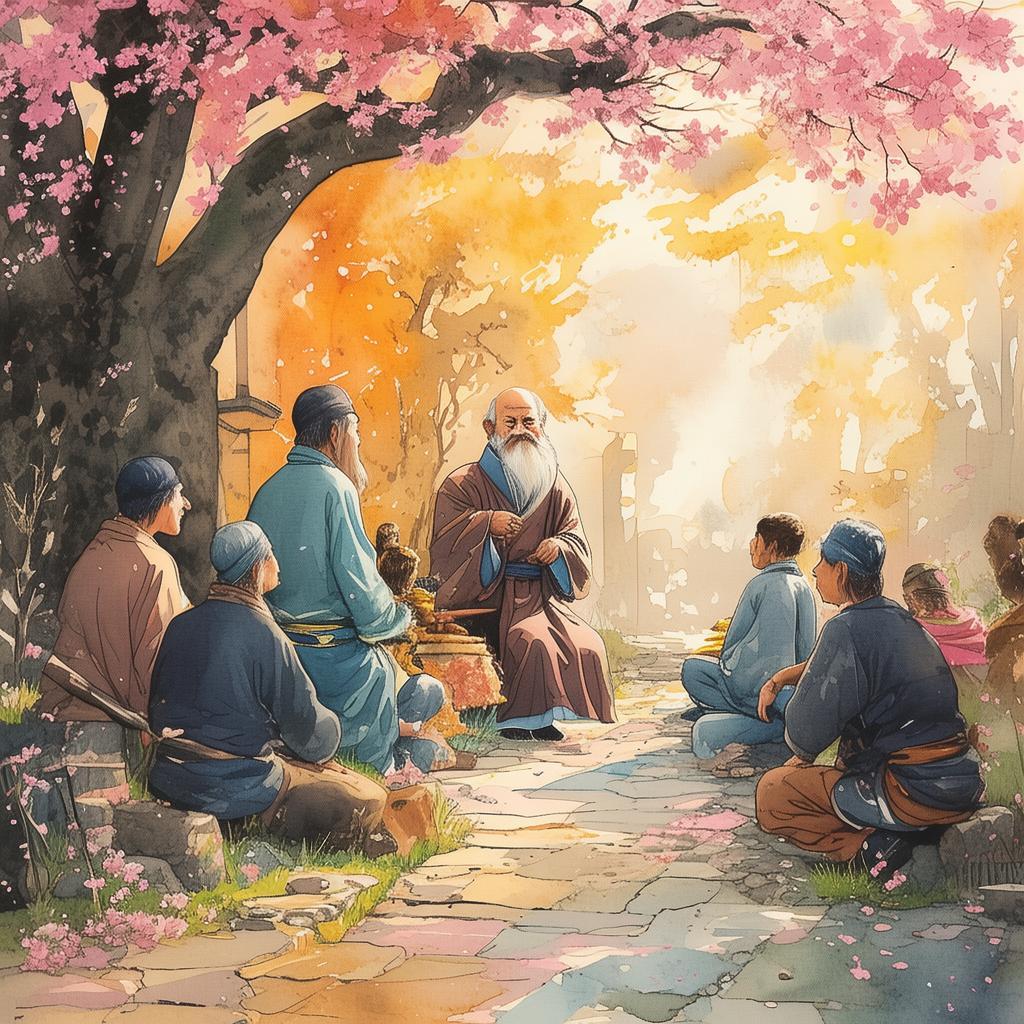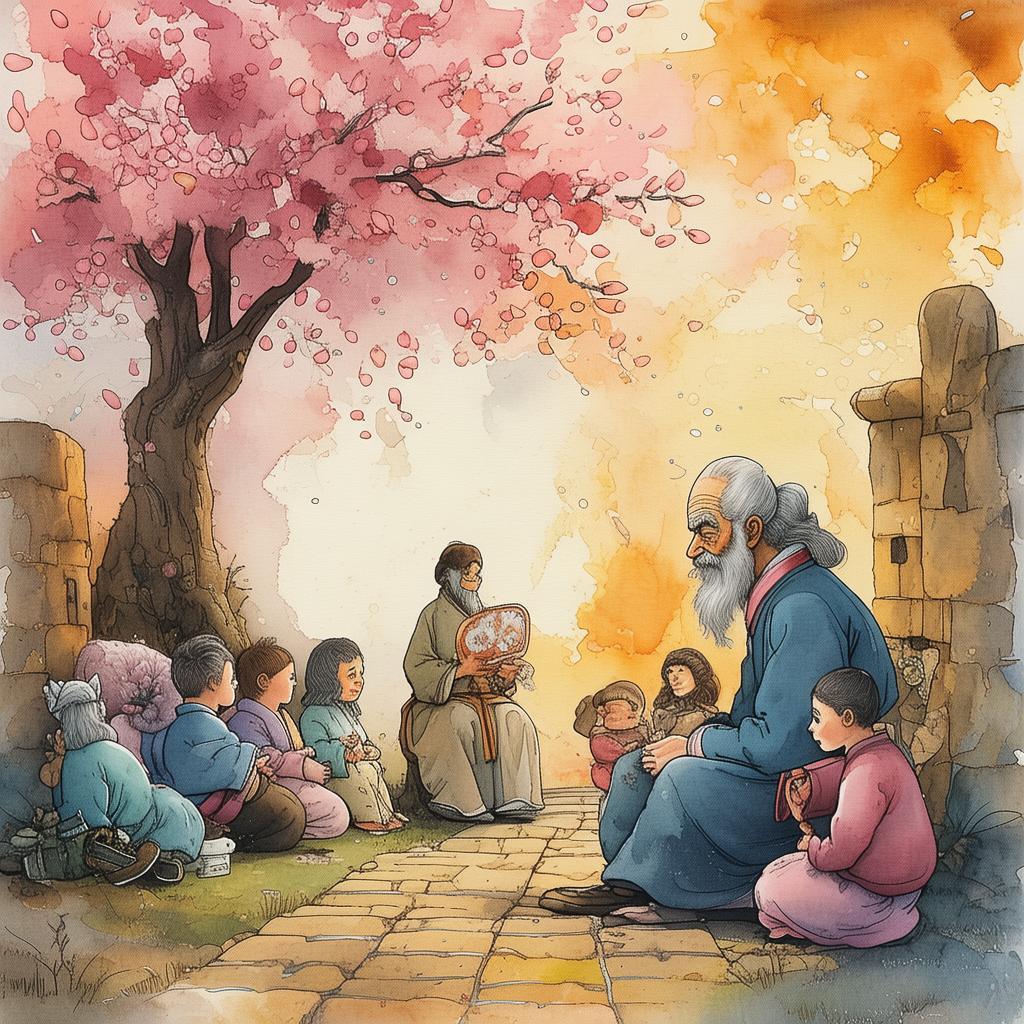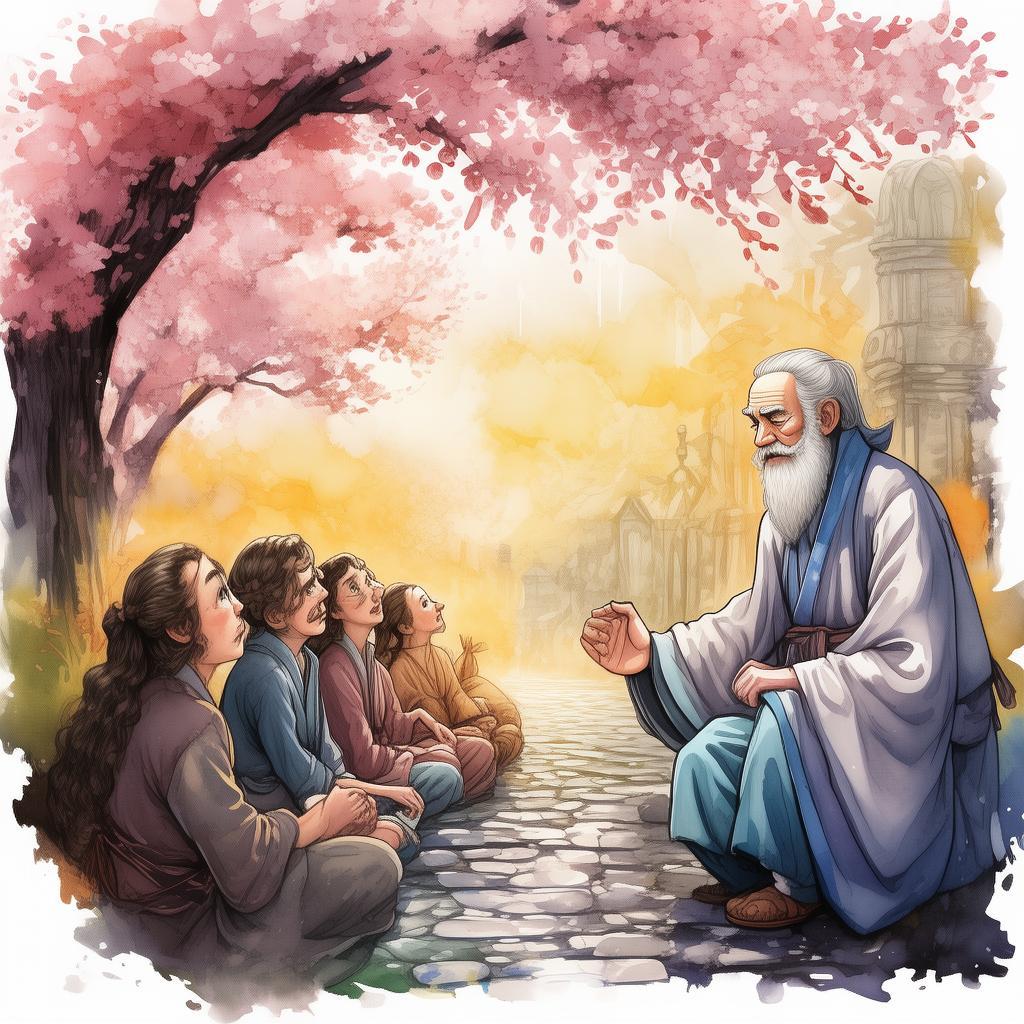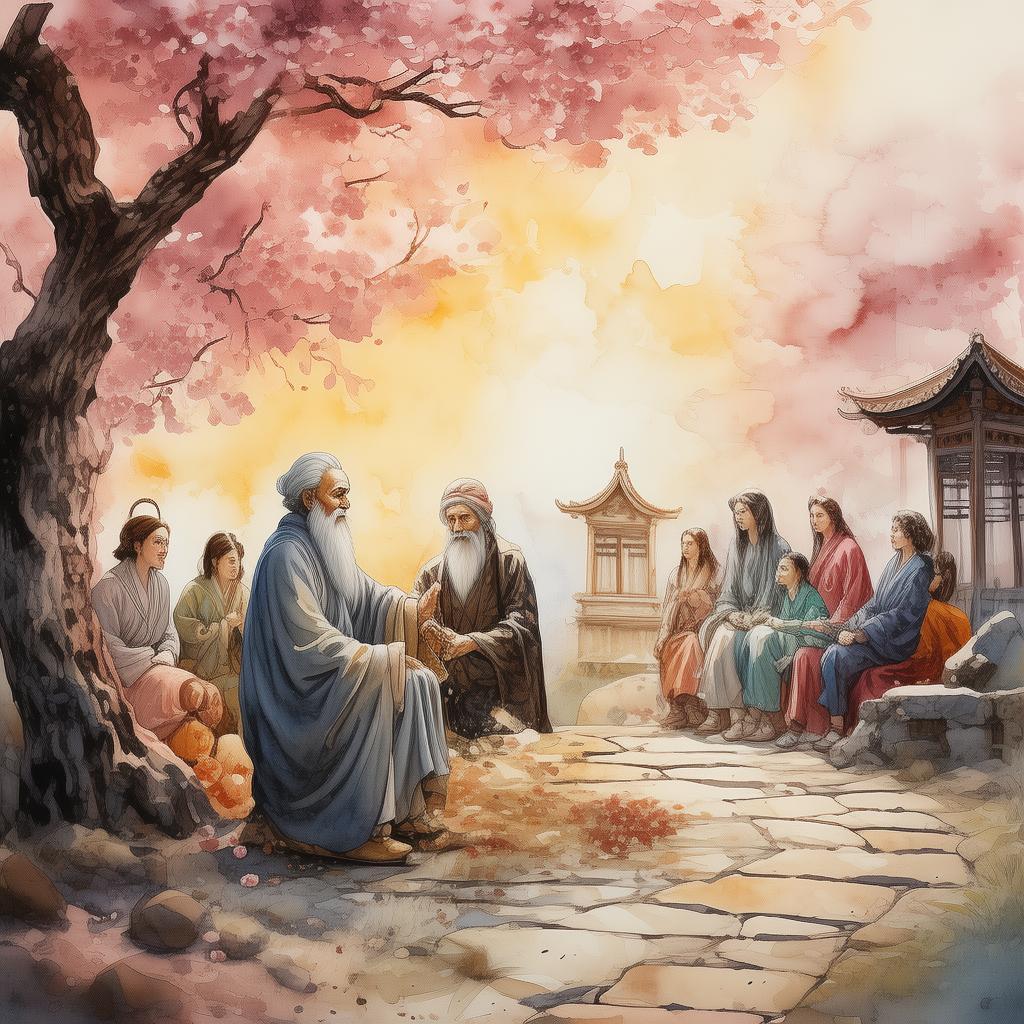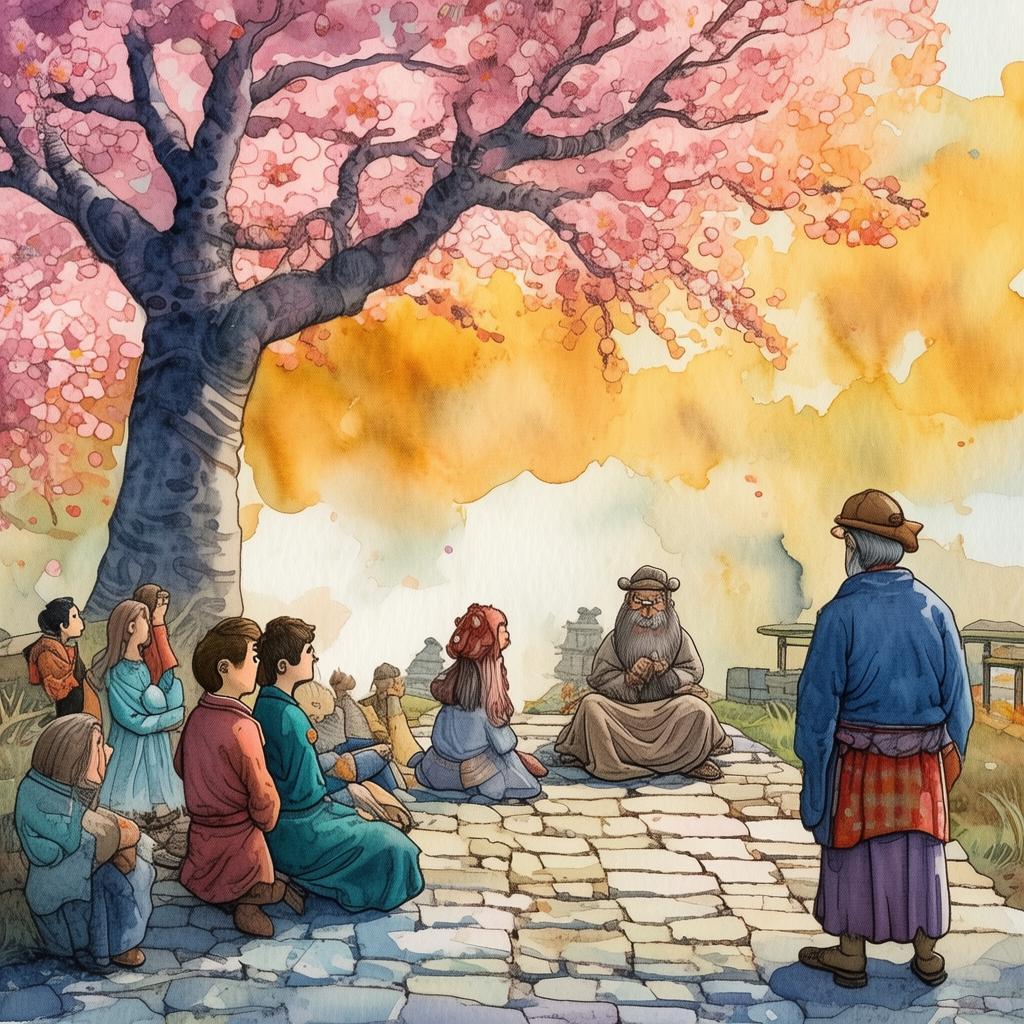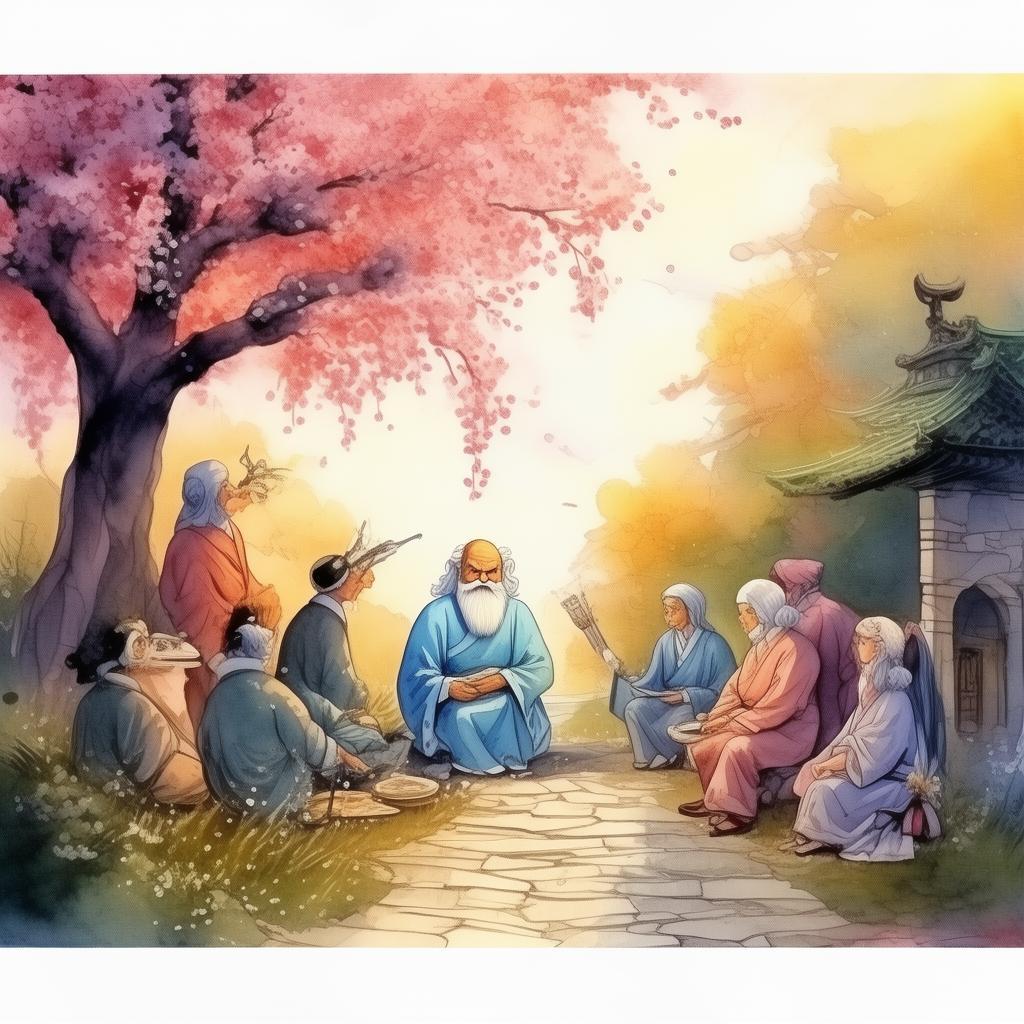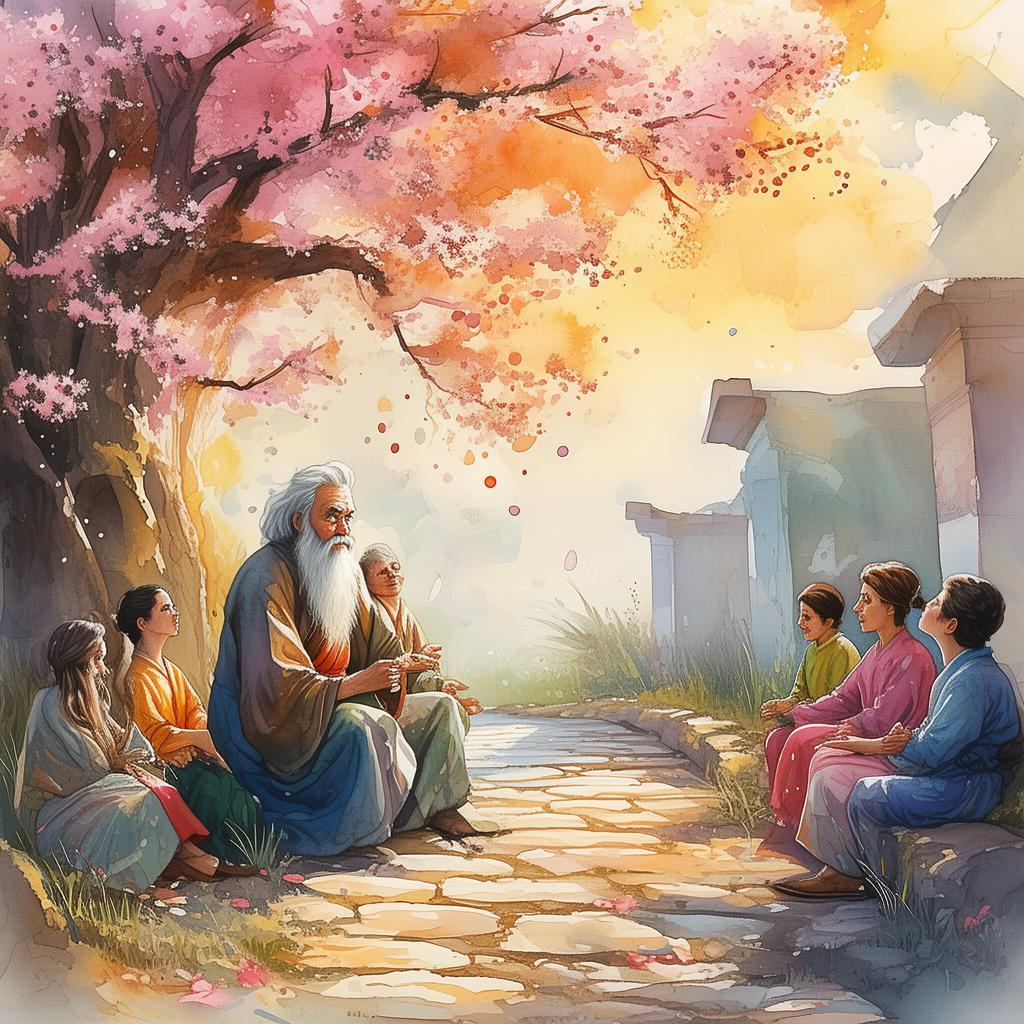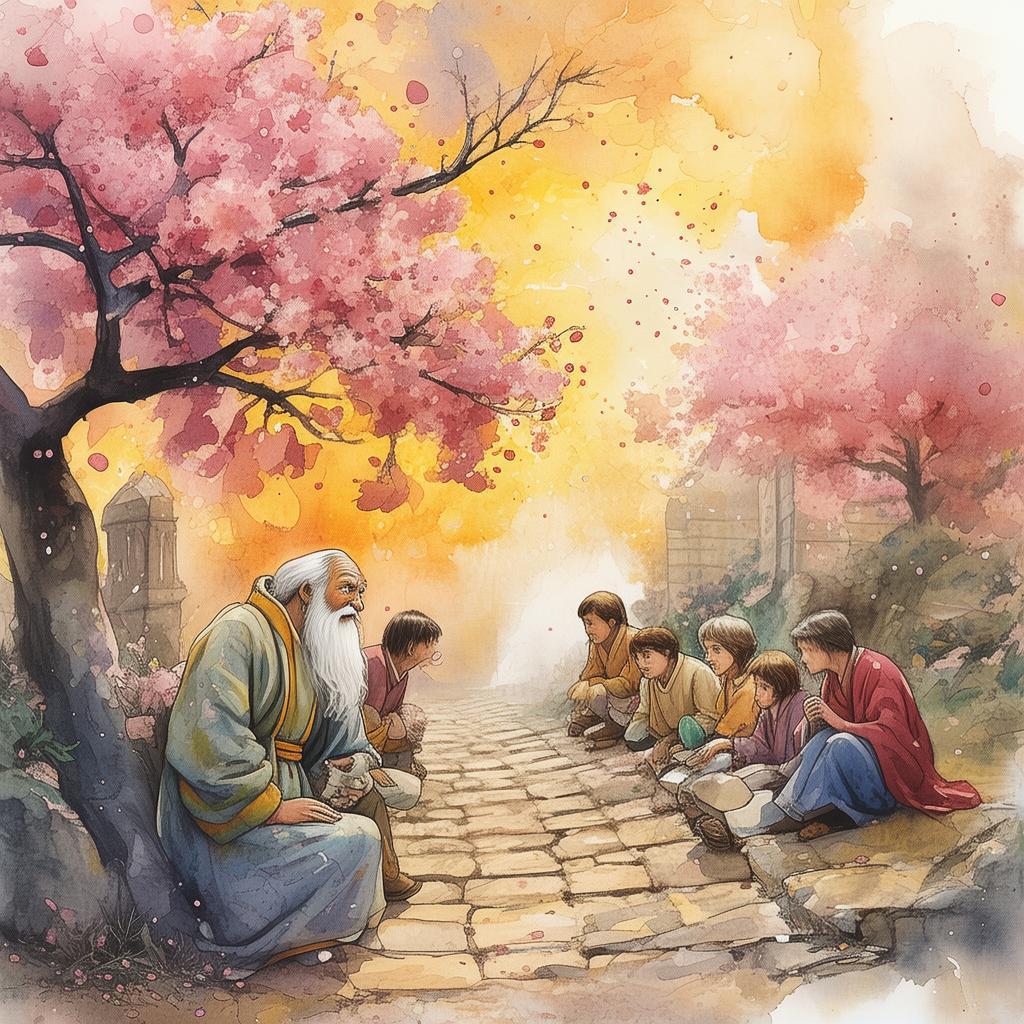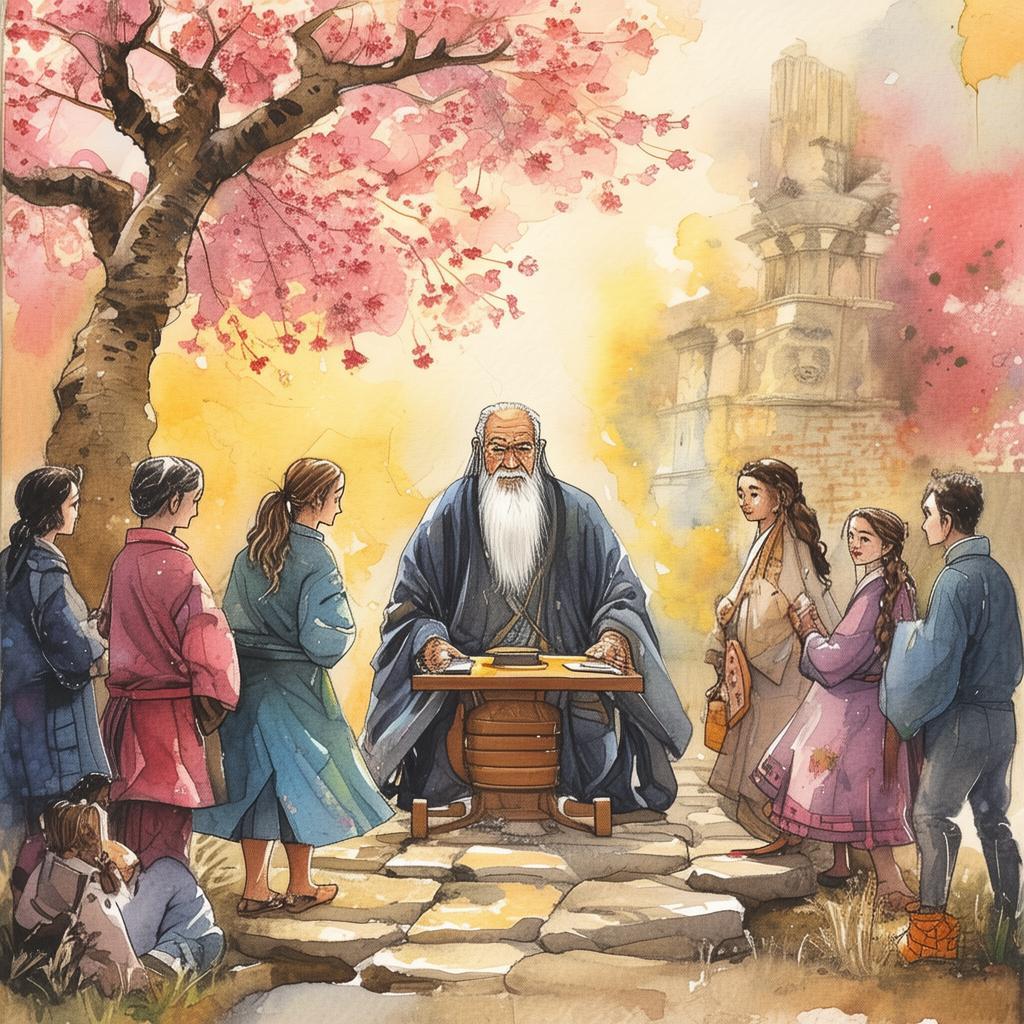Blindfolded Breadwinner: A Tale of Resilience and Vision
In the bustling streets of a quaint village, there stood a small, dimly lit bakery. It was here that a man named Ming, known to all as the Blindfolded Breadwinner, worked tirelessly. Ming was not like other bakers; he was blind. His blindness had not deterred him from his passion for baking, but it had certainly made his journey more challenging.
Ming's story began in a small village where he was born into a family of bakers. From a young age, he was fascinated by the art of bread-making. His father, a master baker, often found himself teaching Ming the intricate details of his craft. Despite his sight, Ming's other senses were heightened, and he could hear the rhythm of the dough, smell the aroma of the rising bread, and feel the texture of the flour.
As Ming grew older, he realized that his passion for baking was not just a hobby but a calling. He decided to follow in his father's footsteps and become a baker himself. However, his blindness posed a significant obstacle. Many people in the village believed that a blind person could not possibly succeed in such a hands-on profession.
Determined to prove them wrong, Ming began his journey. He worked day and night, perfecting his craft. He would often bake blindfolded, relying on his heightened senses to guide him. It was through this practice that the villagers began to see the truth of Ming's abilities. They marveled at the loaves of bread he produced, each one as perfect as the last.
One day, Ming's father passed away, leaving him to take over the bakery. The village was in shock, as Ming was the only one who could continue the family tradition. Ming, however, was not one to be deterred. He knew that his father had always believed in him, and he was determined to honor his memory.
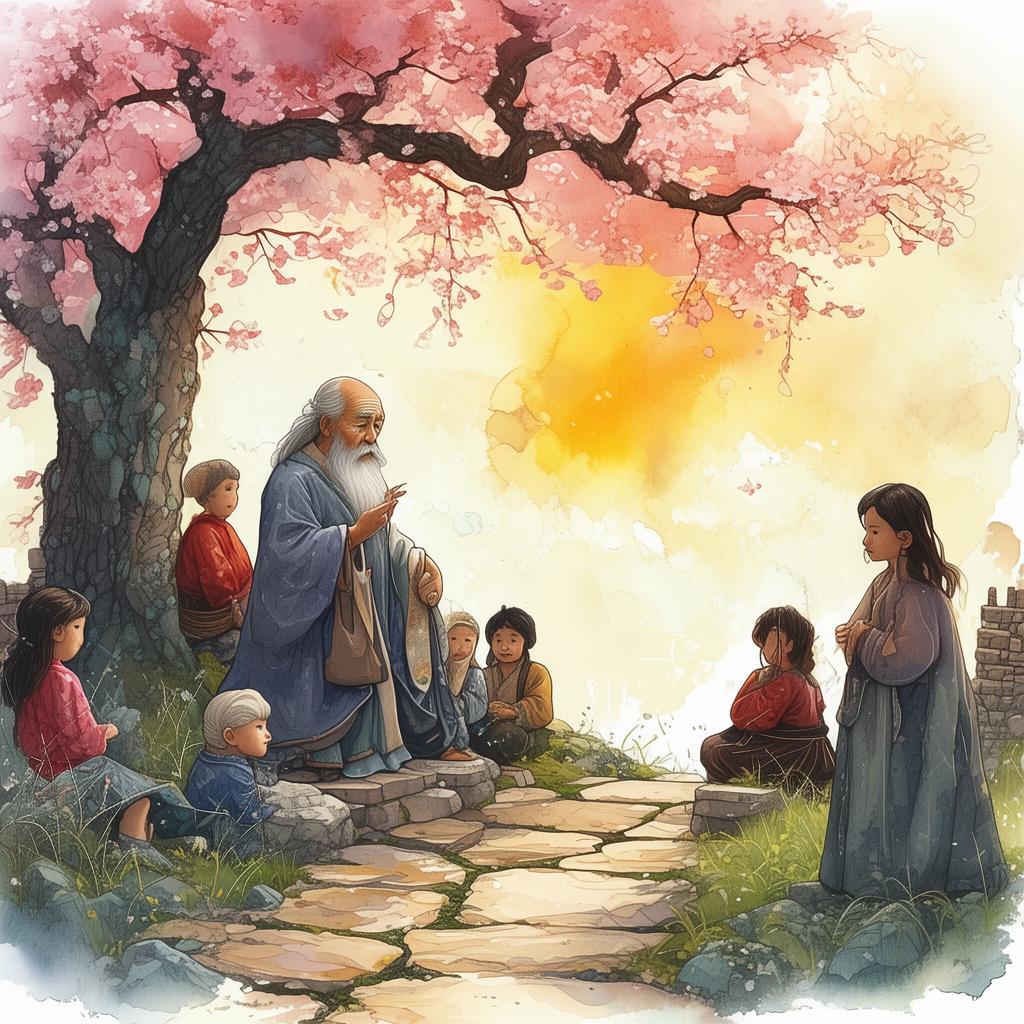
As the bakery's reputation grew, Ming faced a new challenge. The village's demand for his bread outpaced his production capacity. He needed a way to expand his business, but he was unsure of how to do so without compromising the quality of his bread.
One evening, as Ming sat in his bakery, he had an epiphany. He realized that he could train other bakers to help him meet the demand. He would teach them his techniques and share his vision for the bakery. With this new plan in mind, Ming set out to find potential apprentices.
He traveled through the village, speaking to young men and women who were interested in learning the art of baking. Ming's passion was infectious, and soon he had a group of eager learners. He began to train them, teaching them not just the technical aspects of baking but also the importance of quality and the joy of creating something with their hands.
As the years passed, Ming's bakery became a beacon of hope in the village. It was not just a place where bread was made but a community hub where people came together to learn, share, and grow. Ming's vision had become a reality, and his bakery was thriving.
One day, a traveler passed through the village and tasted Ming's bread. He was so impressed that he decided to take some back to the city. Word of Ming's bakery spread like wildfire, and soon, people from all over the land were coming to sample his bread.
Ming's journey was not without its trials. There were moments when he felt overwhelmed, moments when he questioned his abilities. But he always remembered his father's words: "Ming, you have a gift. Use it to make the world a better place."
And so, Ming continued to bake, blindfolded, with a vision for the future. His bakery became a symbol of resilience and determination, a testament to the power of vision, not just in the literal sense but in the spirit of never giving up.
In the end, Ming's bakery became a place where dreams were born and nurtured. It was a place where people could come to find hope, to find themselves, and to find the strength to face their own challenges. And through it all, Ming remained the Blindfolded Breadwinner, a man whose sight was not in his eyes but in his heart and soul.
✨ Original Statement ✨
All articles published on this website (including but not limited to text, images, videos, and other content) are original or authorized for reposting and are protected by relevant laws. Without the explicit written permission of this website, no individual or organization may copy, modify, repost, or use the content for commercial purposes.
If you need to quote or cooperate, please contact this site for authorization. We reserve the right to pursue legal responsibility for any unauthorized use.
Hereby declared.
